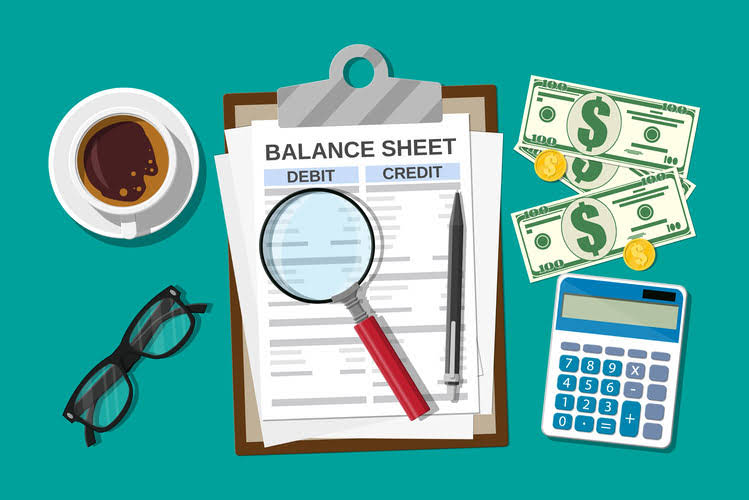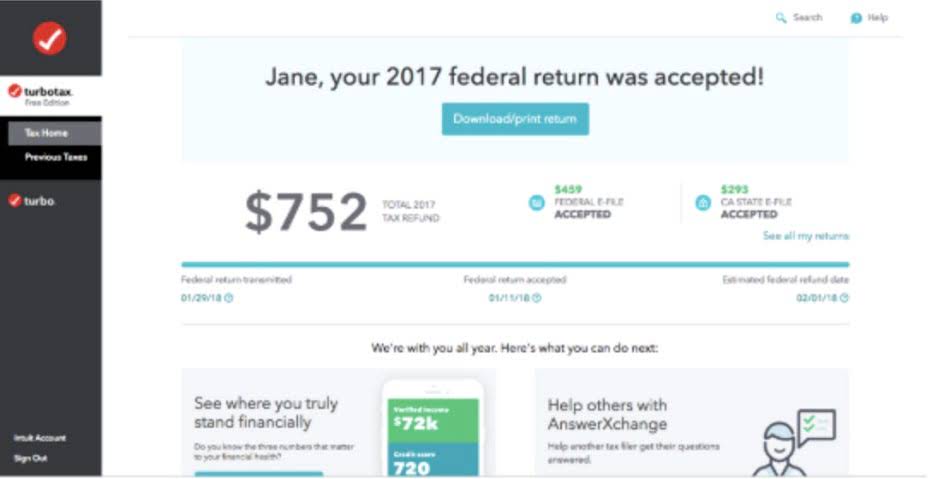
As you can see, accounting goes beyond just recording financial transactions. It provides valuable insights and analysis that help dealerships make informed decisions, improve profitability, and ensure compliance with financial reporting standards. Implementing robust accounting practices is crucial for the success and sustainability of dealerships in today’s competitive market. Through detailed analysis, dealerships determine the most efficient accounting methods to streamline operations and optimize financial performance. By prioritizing transparency and accuracy in accounting for car dealerships, businesses can make informed decisions to drive success in the competitive automotive market.

Automotive Inventory

Auto dealership accounting software is a game-changer for managing finances efficiently and effectively. It offers numerous benefits, ranging from improving financial accuracy and efficiency to streamlining operations and enhancing compliance. By choosing auto dealership accounting software, dealerships can navigate their finances with confidence, focus on their core business, and achieve long-term success in a highly competitive industry. Financial management plays a critical role in the success and growth of auto dealerships. Efficient financial operations allow dealerships to maintain a healthy cash flow, make informed business decisions, and comply with regulatory requirements.
Enhanced Security Features
Revenue recognition in car sales is a nuanced process that requires careful consideration of various factors to ensure compliance with accounting standards and accurate financial reporting. The primary principle guiding revenue recognition is that revenue should be recognized when it is earned and realizable. For car dealerships, this typically occurs at the point of sale when the vehicle is delivered to the customer, and the dealership has fulfilled its performance obligations.
Key Features of Auto Dealership Accounting Software

By following these best practices during the implementation of car dealership accounting software, you can ensure a successful transition and maximize the benefits of the new system. Remember to consider the unique accounting for car dealerships needs of your dealership and seek expert guidance when necessary. The software also enables the creation of detailed financial reports, providing dealerships with valuable insights into their financial health.
⇒ Compare your general ledger account balances to source documents, including bank and floorplan statements and finance reserve statements. Tap into the benefits of custom dashboards and improved workflows to make tasks as simple as a single click. Post transactions in a single process and make hassle-free purchase orders to oversee 3rd party vendor spending. Taxfyle connects you to a licensed CPA or EA who can take time-consuming bookkeeping work off your hands. Dive deeper into industry hot topics to help your business stay ahead of change and plan for what’s next with our complimentary webcasts, available to view on demand. I’m not sure what you mean when you say you aren’t using the billing feature and unfortunately I’m not familiar with how the WIP account would work in your specific scenario.
- You work hard every day to make sure your car dealership is operating properly.
- It’s also essential to consider the scalability of the software to accommodate future growth and changes in your dealership’s needs.
- Using a detailed chart of accounts can help in tracking and evaluating financial performance.
- Accounting software can reconcile bank statements with the dealership’s financial records, ensuring that all transactions match and discrepancies are identified and resolved.
- This ensures that they are familiar with the software’s functionalities and can utilize it effectively in their daily tasks.

Car dealership accounting software is scalable and capable of accommodating the dealership’s growth. Accounting software generates various financial reports, providing comprehensive insights into the dealership’s financial performance. Implementing automotive dealership software that supports real-time accounting and integrates different departments that work together ensures transparency and accuracy in record-keeping. Regular financial reviews and audits help dealership owners stay ahead of the curve, maintain financial integrity, and foster a culture of accountability within the organization.
- There are special things to know, like how they manage the cars they have for sale and how they get money to buy more cars.
- Accounting for car dealerships involves meticulous tracking of financial transactions to ensure accuracy and compliance.
- ⇒ As a result, more expensive recently purchased vehicles are recorded in Cost of Sales while inventory balance is based on earlier, lower costs.
- Using technologies like RFID and inventory management software significantly enhances tracking accuracy.
- This enables better decision-making and helps identify trends, opportunities, and areas for improvement.
- ⇒ Mistakes in classifying revenues and expenses, impacting financial statements.
- It allows dealerships to recognize revenue when a sale is made, even if the customer has not yet paid.
Prioritizing this practice and leveraging technology can significantly contribute to a dealership’s success in the competitive automotive industry. Reconciliation ensures accurate financial records and operational efficiency by comparing financial documents to catch discrepancies, errors, or fraud. This process, essential for maintaining the dealership’s financial integrity, involves checking transactions against bank statements and other financial records. Regular reconciliation helps quickly correct errors and safeguard against fraud by distributing tasks among various individuals or using third-party services. Effective reconciliation within a car dealership’s accounting department is vital for boosting profits.
Furthermore, reconciliation offers valuable insights into expenditure patterns, allowing dealership owners and managers to make informed decisions regarding budgeting and spending. It enables them to identify areas for improvement, streamline operations, and optimize financial resources, ultimately driving profitability. Furthermore, reconciliation serves as a powerful tool for detecting and preventing fraudulent activities within auto dealerships. Unfortunately, instances of internal fraud can occur, where employees may attempt to manipulate financial records or misappropriate funds. Reconciliation helps mitigate this risk by providing an additional layer of scrutiny. One of the critical steps in implementing car dealership accounting software is the migration of existing data and the setup of the new system.

Impact of Market Trends on Accounting
With numerous software options available, it’s essential to carefully assess your business needs, evaluate the available options, and consider factors related to implementation and support. The solution to these challenges lies in adopting specialized car dealership accounting software. Accounting software can streamline and automate financial and accounting tasks as its primary purpose is to record, process, and report financial transactions. This frees up a dealer’s time – they can then concentrate more on their customers and their business as accounting software does much of the heavy lifting for them. To fully leverage the power of reconciliation, car dealerships can leverage technological advancements in accounting software and automation.
Employing automotive-specific legal advisors can help stay abreast of legal changes and maintain compliance. Integrating advanced accounting software that specializes in accounting for car dealerships can enhance the accuracy of these forecasts, enabling better resource allocation and financial planning. Financial analysis tools can provide detailed insights into cash flow patterns, helping dealerships anticipate future needs and adjust accordingly. Techniques such as staggered payments or dynamic pricing strategies can also help maintain a steady cash flow for success in the competitive automotive industry. Auto dealership accounting often requires choosing between accrual and cash basis accounting methods. The accrual method, recommended by the Financial Accounting Standards Board, records financial transactions at the time they occur, providing a more comprehensive view of the dealership’s financial status.
